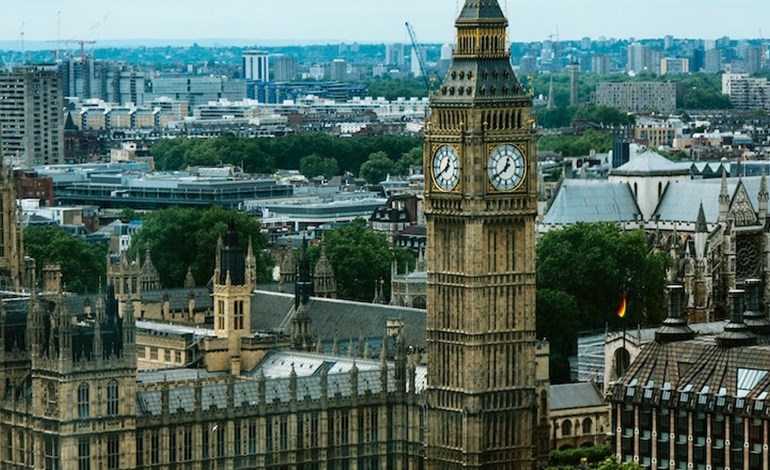The Environmental Audit Committee (EAC) is to look at the role solar energy technologies can play in the UK’s journey to net zero, in the latest stage of its Technological Innovation and Climate Change inquiry. Solar Energy UK has welcomed the formal opening of a Commons inquiry into solar energy. Members and friends of the association are encouraged to submit evidence by the deadline of 5pm on Thursday 1 December. Solar Energy UK is working on encouraging young people to join the industry and providing them with appropriate training. “The Environmental Audit Committee’s opening of an inquiry into solar energy is most timely, given the rapid growth of the sector this year, a direct consequence of the energy price crisis. “Even so, it is still being held back, particularly by the both the lack of available connections to the grid and trained installers, potential solutions for which we will be discussing with the MPs,” said Solar Energy UK Chief Executive Chris Hewett. He added: “The quicker we can get [solar power] onto the network, the quicker we can get expensive, volatile gas off the grid, delivering a lot of cheap power to consumers,” he told the committee. Electricity generation from solar panels – including their manufacture and construction – are estimated to have a carbon footprint up to 20 times lower than coal or gas with carbon capture and storage.
The technology of photovoltaic cells is a fast-developing area, the EAC stated, with current and emerging technologies appearing to increase the potential for solar cells on flexible substrates and in locations with varying amounts of light. In its British Energy Security Strategy, the Government outlined plans to increase solar capacity to 70GW by 2035, with initiatives including amending planning rules for ground-mounted solar. The committee stated it is keen to consider whether market capacity for supply and installation is sufficient to meet this demand. Environmental Audit Committee Chairman, MP Philip Dunne, said: “Developing solar technologies for domestic and large-scale use provides a major opportunity to harness this energy, building up domestic energy resilience and helping to meet the UK’s net zero goals. “The UK is way behind other countries in deployment of solar energy generation. “Our Committee wants to find out why, and how we can light the way to a new solar dawn. “Can the supply chain support the anticipated increase in demand for solar installations in response to the rising cost of living and the drive to reach net zero? “Is current storage and distribution capacity limiting the country’s potential to develop solar energy? “Are current incentives sufficient to drive the level of progress required, and what barriers are preventing more rapid uptake? “During our short inquiry we will be considering these issues with experts before putting our findings to Government. “I welcome anyone with views on the potential for solar energy deployment to get in touch with the Committee.”
Credits: renews.biz [Image: Unsplash/Jamie Street]




